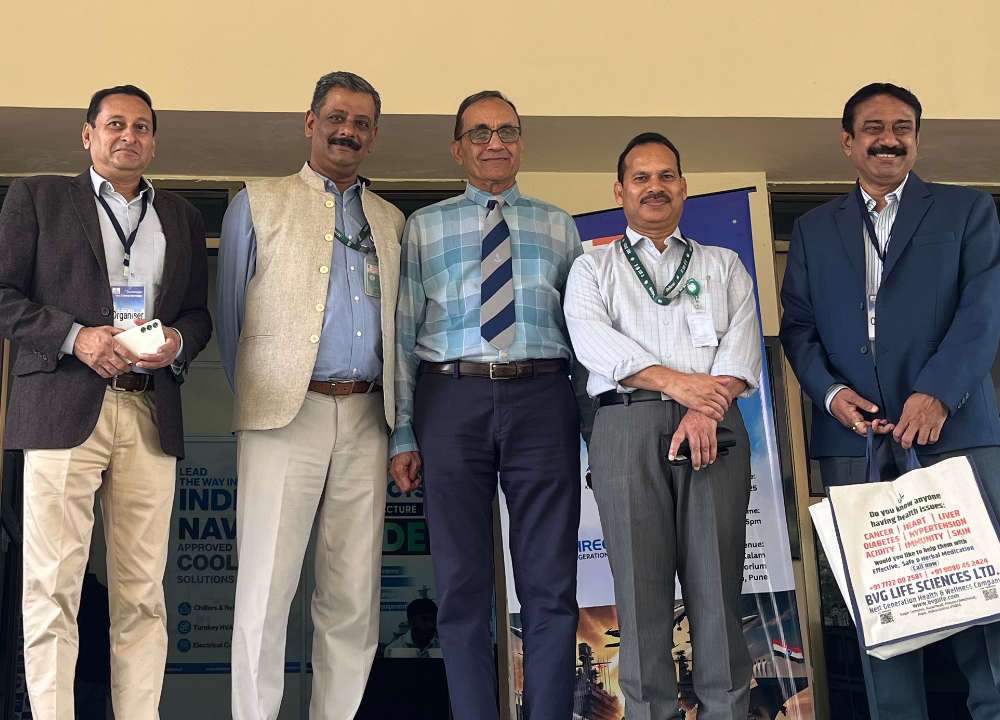Auto part makers have warned that more than 10 Lakhs workers in risk facing unemployment unless the extended slowdown in the auto industry is reversed. As automotive components depend on the vehicle industry, a 20% dip in production has led to a virtual crisis. The Automotive Components Manufacturers Association of India (ACMA) has asked the government to reduce GST to 18% for the entire automobile sector after the industry oversaw a steady decline in sales for ten months.
Currently, 70% of automotive components have a GST rate of 18%; however, the rest are charged 28%. Moreover, automobiles have a peak GST rate of 28% with an additional cess of 1- 15% depending on factors such as engine size, type, and so on. Charging a uniform 18% on all automotive components would play a large role in fixing the ongoing predicament.
Interacting with media recently Vinnie Mehta, the director-general of ACMA, said, “70% of the workers in components are hired on a contractual basis. When there is a ramp-up, the manufacturers hire more. When there is a production cut of 20%, job losses will be around the same region.”
With the current slowdown, some of the auto component manufacturers are planning to temporary shut down their factories to manage their inventories, but if the market is not going to change, the result will impact the already troubled unemployment in the country. Recently one of India’s largest auto component manufacturer Bosch closed their Tamil Nadu plant for five days.
What are the major causes of this sudden dip in automotive sales? As per senior executive from Tier II auto component manufacturer based in Pune, this is because of the confusion created in the market with the hype of Electric Vehicles. The automobile industry needs to invest heavily on complying with Bharat VI Emission standards, as Supreme Court already banned sales of Bharat IV manufactured vehicles by April 2020.
Automotive majors are not investing in further manufacturing expansions, and this sure is creating a major disruption in the market. The Government should come out with a proper roadmap where the future of the automotive industry is transparent to the buyers. The confidence in the market to all stakeholders is necessary for an economy to grow consistently.
Meanwhile, in Tokyo, Nissan has confirmed that it will face a dip in its first-quarter operating profit, leading media reports to suggest that the company could cut more than 10,000 jobs around the world.








